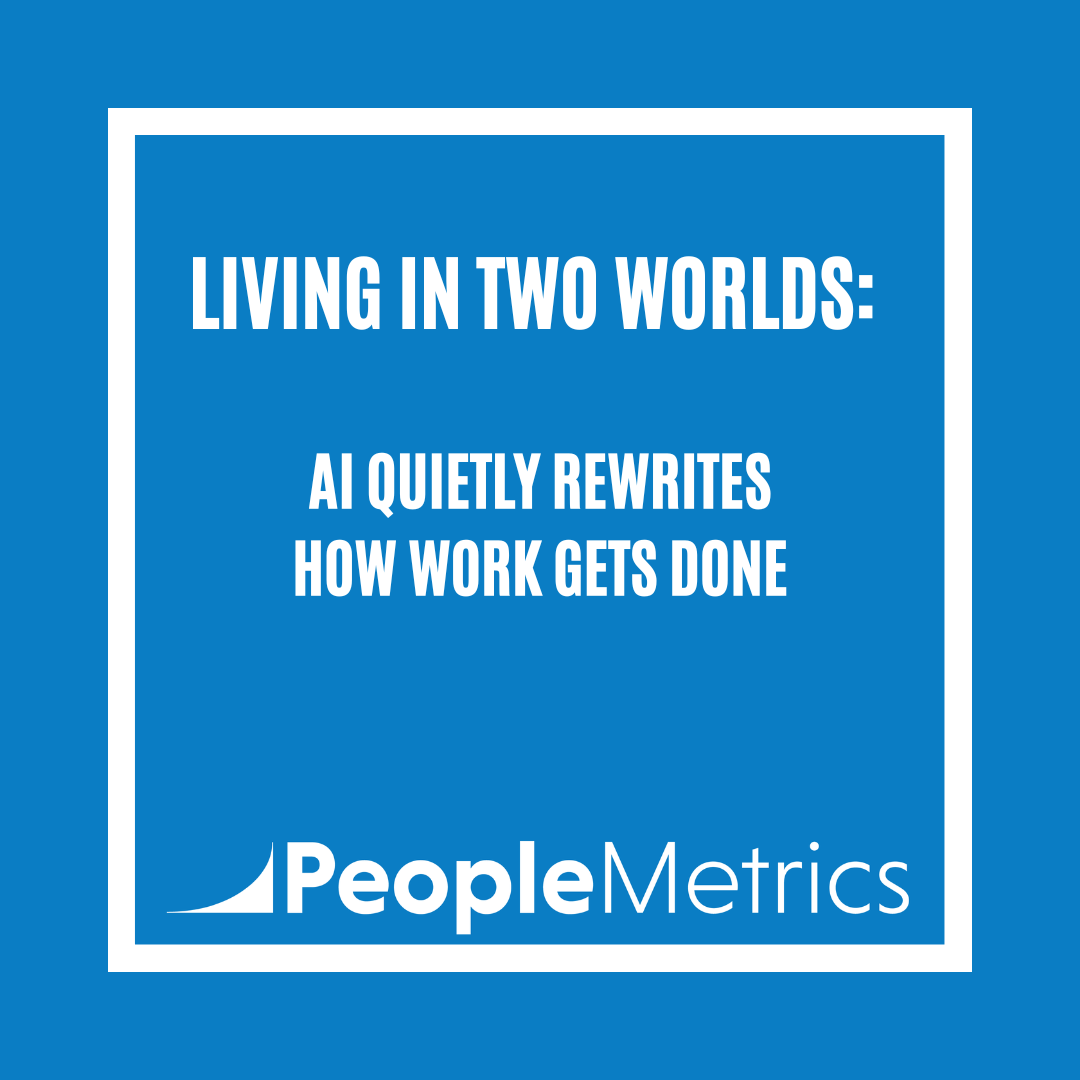When I wrote about omnichannel feedback collection in "Listen or Die," I emphasized the importance of gathering customer feedback across all touchpoints consistently.
Today, this principle remains crucial, but artificial intelligence has dramatically expanded both our capabilities and our customers' expectations.
The Core Still Holds True
The five main channels I identified – websites, mobile apps, contact centers, in-location experiences, and field services – are still the primary ways customers interact with businesses. However, AI has transformed how we collect and process feedback within each channel.
AI's Impact on Feedback Collection
The most significant change I've observed is how AI has made feedback collection more dynamic and conversational. Those structured surveys I discussed in the book? They're evolving into more natural interactions:
- Website Feedback: Instead of simple pop-up surveys, AI chatbots can now engage visitors in real-time conversations, asking contextually relevant questions based on the user's behavior. The feedback feels less like a survey and more like a helpful conversation.
- Mobile Apps: AI-powered analytics can now detect user frustration through interaction patterns and proactively ask for feedback at the right moment. Remember when we had to guess the best time to trigger a survey? That guesswork is becoming obsolete.
- Contact Centers: Perhaps the most transformed channel. Those IVR surveys we discussed are being replaced by AI systems that can analyze calls in real-time, detecting customer sentiment and satisfaction without explicitly asking for it. The feedback is becoming passive, yet more comprehensive.
The New Omnichannel Reality
What's fascinating is how AI is breaking down the walls between these channels. When I wrote about consistency across touchpoints, I couldn't have predicted how AI would enable true channel integration.
Today's systems can track a customer's journey across all touchpoints and collect feedback in a way that acknowledges this connected experience.
What Hasn't Changed (And Shouldn't)
The fundamental principle from "Listen or Die" remains unchanged: you need to listen where your customers are. What has changed is our ability to do this more effectively and naturally. The checklist I provided still applies, but with an AI twist:
- Consistency across channels is even more critical now that AI can highlight disconnects in real-time
- Mapping touchpoints to channels now includes understanding how AI can enhance each interaction
- Setting up listening posts has become more sophisticated with AI-powered sentiment analysis
- Channel-specific feedback methods are now more intelligent and adaptive
Looking Forward
As I’ve mentioned before in previous blog posts, I see AI not just as a tool for collecting feedback but as a means of predicting and preventing customer issues before they require feedback.
The goal isn't just to listen better – it's to understand so deeply that we can anticipate needs before they're expressed.
This doesn't mean we should abandon traditional feedback methods.
We should view AI as an enhancer of our existing practices.
The human element in customer experience remains irreplaceable, but AI gives us superpowers in understanding and responding to customer needs.
The Bottom Line
The lesson from "Listen or Die" about omnichannel feedback collection isn't just still relevant – it's more important than ever.
AI hasn't changed the need to listen; it's simply given us better ears!
The companies that will thrive are those that use AI to enhance their listening capabilities while maintaining the human touch that makes customer experiences meaningful.
Your Turn
What are your thoughts on how AI has impacted your company's ability to collect and act on customer feedback across all channels? I'd love to hear your experiences in the comments below.





